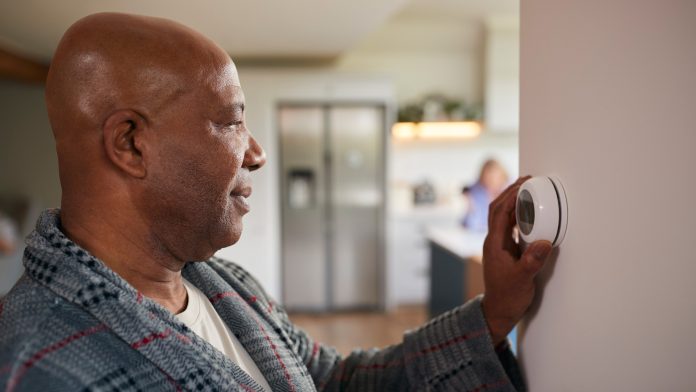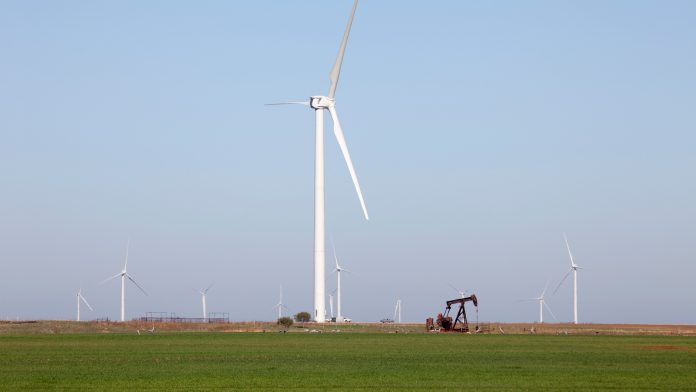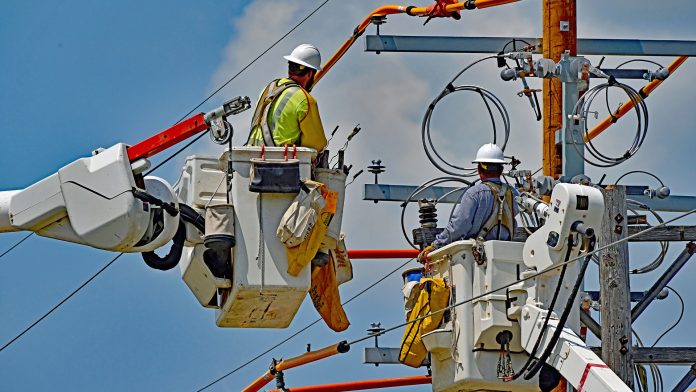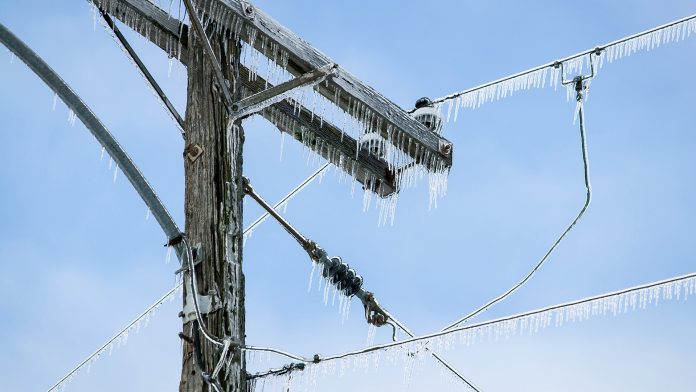WASHINGTON, D.C – Consumer Energy Alliance, the leading energy and environmental advocate for families and businesses, issued the following statement after the House Natural Resources Subcommittee on Energy and Mineral Resources held a hearing on H.R. 5482, the “Energy Poverty Prevention and Accountability Act,” which will ensure that current and future administrations, are being forthright with the American people about how poor energy policies will impact their energy and electricity bills.
“We applaud Congresswoman Hageman (R-WY) and the House Subcommittee on Energy and Mineral Resources for introducing this much-needed piece of legislation which will hopefully show American energy consumers the real reasons why they are paying increasingly more for their energy than ever before,” said Consumer Energy Alliance Vice President Kaitlin Hammons.
In the first year of the Biden Administration, American consumers spent nearly $1.3 trillion on energy costs, a 25% increase from 2020. In 2022, the monthly electric bill for American residential consumers increased 13%, from $121 to $137 a month. This was the largest single increase since 1984, when the data started being collected. Any increase in energy prices only hurts those who can least afford it.
The bill will, in part, commission government-wide studies that review laws and regulations which may have an impact on energy costs and affordability. The bill will also require the Comptroller General and Director of the Office of Management and Budget to identify communities at-risk of energy poverty, a term which means a condition in which individuals do not have access to affordable and reliable energy to maintain economic security. The report will then offer recommendations on how to reduce energy poverty in at-risk communities, and actions which an agency may take to reduce barriers to affordable and reliable energy.
“Policies that lead to increased energy prices inflict the most harm on those living on fixed incomes or in poverty. Energy poverty is real, and our political leaders often initiate policies that make a bad situation even worse,” Hammons said. “Further, high energy costs are one of the main factors in inflation, because making and delivering products cost more as energy prices go up; therefore the cost of groceries, clothing, lumber and everything else also goes up. American consumers have a right to know why their electricity prices and gasoline prices have been increasing in the last three years. This bill will hopefully hold accountable the elected officials that have been pushing an agenda that serves only to stymie American domestic energy production by limiting the amount of offshore oil and gas leases, cancelling much-needed pipeline infrastructure, and delaying the permitting of important clean energy development.”
###
About Consumer Energy Alliance
Consumer Energy Alliance (CEA) is the leading voice for sensible energy and environmental policies for consumers, bringing together families, farmers, small businesses, distributors, producers, and manufacturers to support America’s environmentally sustainable energy future. With more than 550,000 members nationwide, we are committed to leading the nation’s dialogue around energy, its critical role in the economy, and how it supports the vital supply chains for the families and businesses that depend on them. CEA works daily to encourage communities across the nation to seek sensible, realistic, and environmentally responsible solutions to meet our nation’s energy needs.
Contact:
Bryson Hull
(202) 657-2855
bhull@consumerenergyalliance.org




















